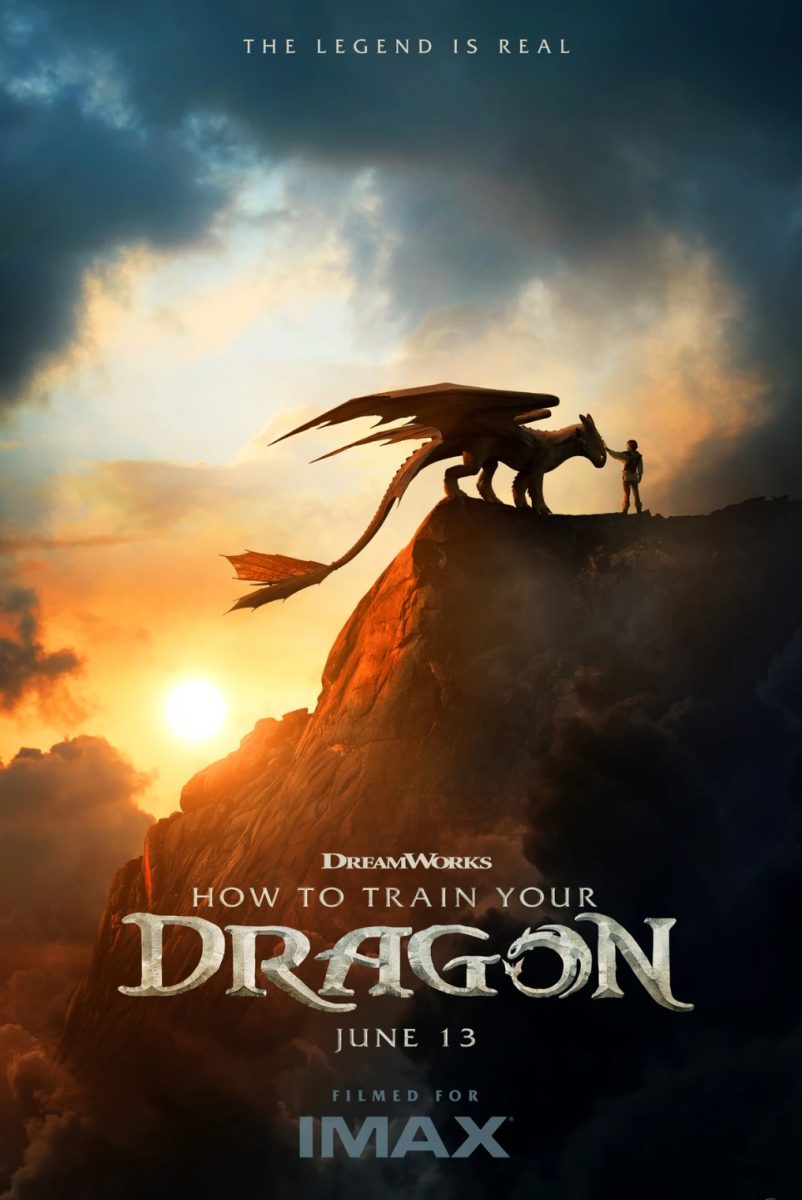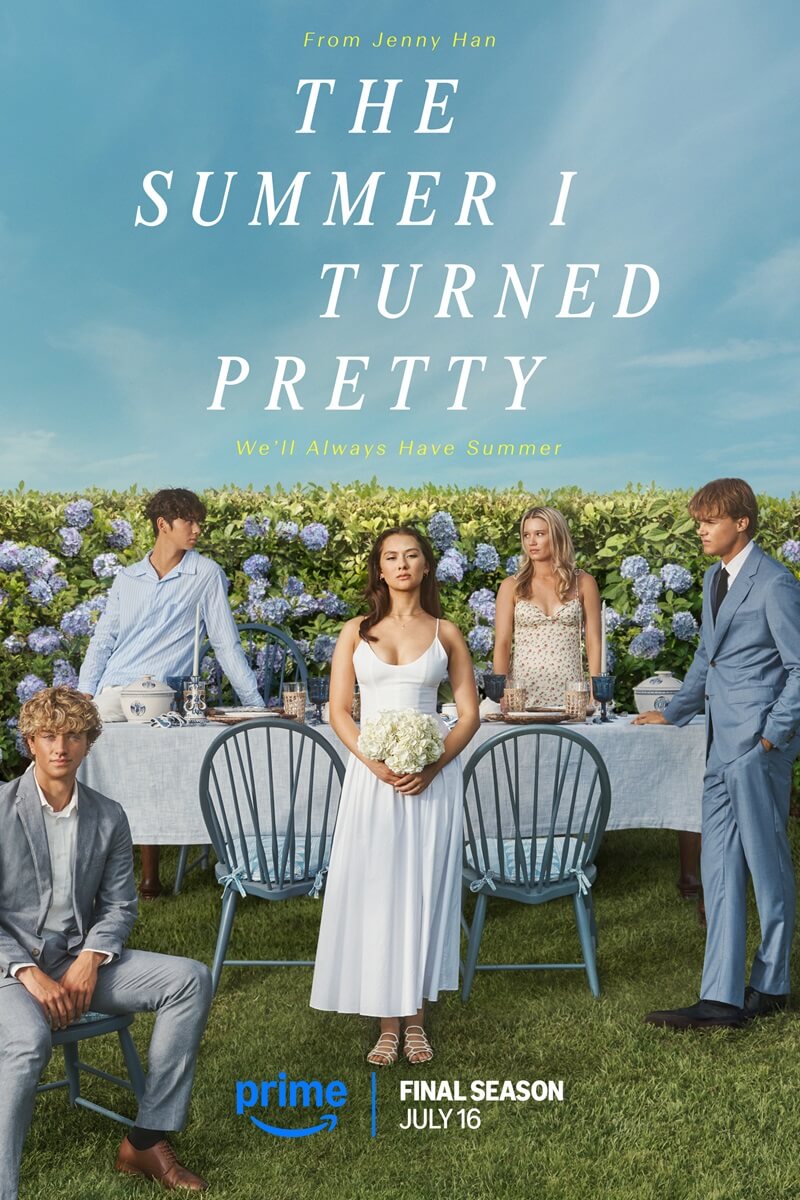“The fame thing is interesting because I never wanted to be famous, and I never dreamt I would be famous,” best-selling author J.K. Rowling said to The Telegraph’s Jeremy Paxman in 2003 about her life since Harry Potter became the world’s new literary sensation. “I imagined being a famous writer would be like being like Jane Austen – being able to sit at home in the parsonage and your books would be very famous and occasionally you would correspond with the Prince of Wales’ secretary. You know I didn’t think they’d rake through my bins; I didn’t expect to be photographed on the beach through long lenses.”
Since that interview, Rowling’s books have been adapted into another five movies, hit the New York Times #1 spot an additional three times (giving her a grand total of seven), and seen the creation of eight Potter-based video games, not including pottermore.com, an interactive website where users can compete and attend Hogwarts with each other. Of course, since then, we’ve also seen the end of the Harry Potter series itself.
Rowling is the only known billionaire to make her entire fortune off writing and has the top-grossing book series of all time, beating second place by almost $150 million. She has also won more than 40 major world literary awards, including the British Book Awards Lifetime Achievement Award and the Hans Christian Andersen Award, the highest award an international author can win in the children’s genre, and the. Needless to say, there is little Rowling hasn’t accomplished in the literary world. So it’s no wonder that so many people were surprised when she announced that once done with Potter, she planned on stepping away from her success with children’s books and working on a new novel – The Casual Vacancy.
We were told from the beginning that the new book would take as many steps away from Harry Potter as possible, but I would call the transition to Vacancy more of a series of leaps assisted by a trampoline. It’s in an entirely new genre, with no trace of the innocence that so marked Rowling’s previous books. The adult content of the book may even be disturbing for some, as the novel delves into the darkest evils a quiet village town can endure. The setting for the story is the small English idyll of Pagford, where everything seems to be going as small town things go: people moving about their day, children playing soccer, families eating dinner together, loving one another on the cobbled market square or admiring the ancient abbey across the way. However, when Barry Fairbrother, the local town councilman, has a fatal aneurysm, things get rough. Deli owner Howard Mollison takes the opportunity to organize a movement to elect a more preferable councilman, other citizens fight him and petty squabbles turn into full-out distinctions between poverty and wealth, morality and self-indulgence, and the truth of human nature. Soon the parents of the village are acting like children, their teenagers are starting to rebel in overwhelming ways, and the town is at war over things that go far beyond the destruction of an old church or the election of Fairbrother’s replacement.






